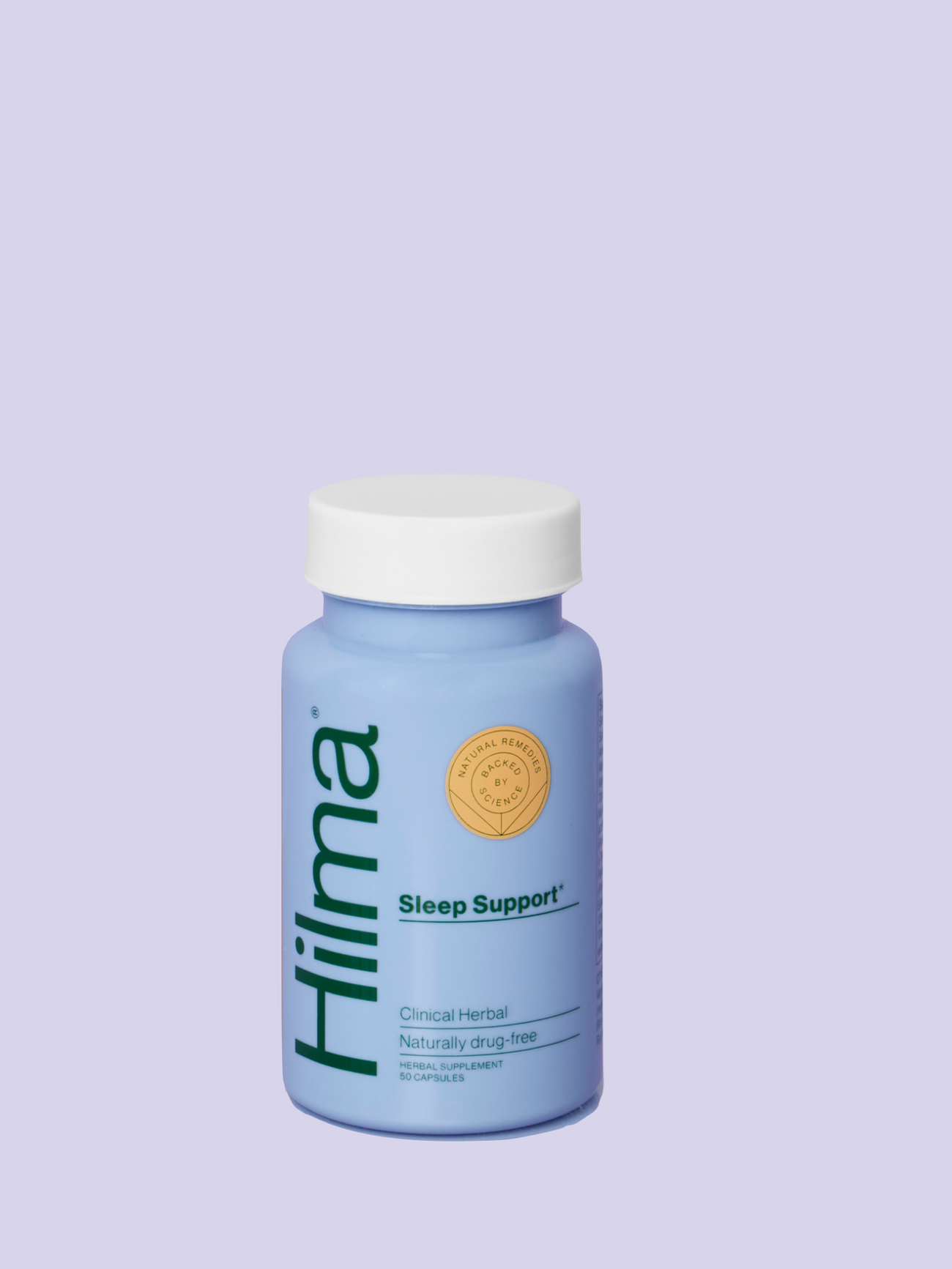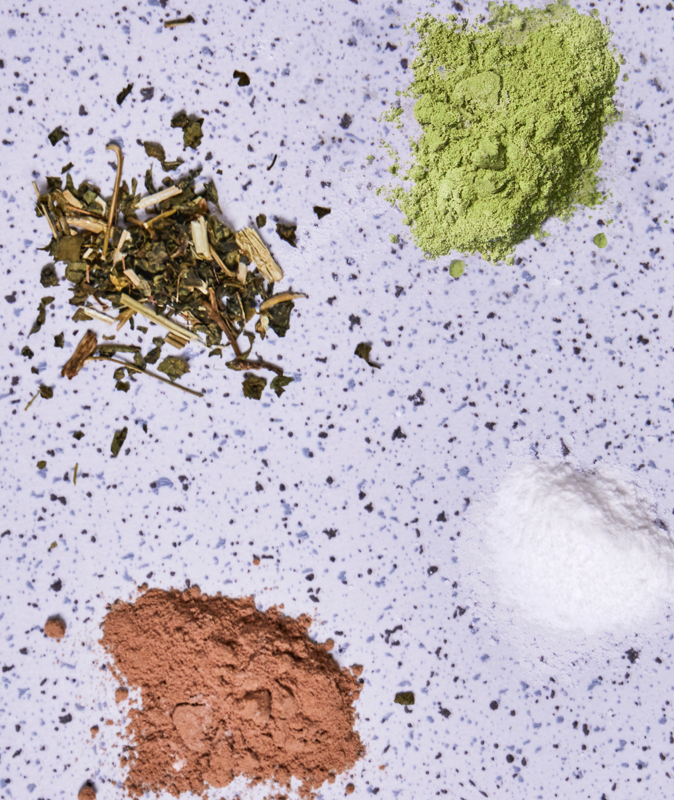
You’ve probably experienced a buoying feeling after getting multiple nights of good sleep. That healthy glow is not a fluke. Consistent sleep helps the immune system to work at its best and, in turn, keep you feeling your best. We discussed the science of how sleep affects your immune system with Hilma’s scientific advisor, neuroscientist Dr. Claudia Aguirre in order to better understand why consistent sleep is essential to empowering your immune system.
Clearing Out The Day
When you sleep, your brain clears out what Dr. Aguirre calls, “the mess of the day.” You can think of this “mess” as a mix of molecular debris that you’ve accrued throughout your waking hours. When you’re asleep, your brain has the ability to do clean up duties and restore proper function. The immune system also gets the bandwidth necessary to fight off invaders such as viruses and bacteria.
One way your immune system protects you is by releasing cytokines, which are infection-fighting proteins. Cytokines work while you sleep, but they’re created while you sleep too. It’s helpful, therefore, to build up an arsenal of cytokines by staying well-rested as often as possible. With consistent sleep, your system is bolstered in the case an infection arises.
Long-Lasting Trends
A couple nights of bad rest won’t seriously impact your health, but according to Dr. Aguirre, chronic sleep deprivation can lead to long-term illnesses like obesity, diabetes, or heart disease. Why? Well, while you sleep, your body secretes hormones that control all of the functions in the body – appetite, energy, metabolism, and glucose processing. Poor sleep leads to increased production of our stress hormone, cortisol. Enough nights of bad zzzs throws your entire body’s hormones out of balance, which causes your immune system to go into “fight-or-flight” mode. The result: consistently bad sleep leads to worse sleep later.
What’s more: regular sleep schedules aid other immune system defenses. If your body is well rested, you’ll bounce back more quickly from feeling sick.
Ways to Get More Sleep
Dr. Aguirre recognizes the modern challenges of staying well-rested, but also warns, “don’t get it twisted. Adults need 7-8 hours every night.” To start building a rhythm, she recommends adopting three small habits that are simple to achieve, and therefore easy to lock down as a routine. “Perhaps it is three quick things: Lights dim, chill music and meditation or a breathing exercise. Or burning a candle, writing in the journal and progressive muscle relaxation. Try to get to bed around the same time each night.” Over time, these small routines can signal to your body that it’s time to wind down, which will lead to better sleep.
By prioritizing sleep, you can build the foundation for a strong immune system. Sleep and immune health are in a symbiotic relationship: you need your daily dose of cytokines to stay healthy, but they need you to sleep to regenerate.
Footnotes
This information is for educational purposes only and should not be taken as medical advice. Please consult a physician before treating any disorder.



